After Mladić’s arrest: What now for Serbia?
Friday, 27.05.2011.
12:29

After Mladic’s arrest: What now for Serbia? If it is indeed a coincidence, the sequence of events is such that one could think it is not. Nine days ago ICTY chief prosecutor Serge Brammertz submitted his regular six-monthly report to the UN Security Council in which he gave a negative estimate of the level of Serbia’s cooperation with that Court; seven days ago Belgrade was visited by President of the European Commission Jose Manuel Barroso; and on the day of the arrest, Catherine Ashton, EU High Representative for Foreign Affairs and Security Policy also arrived to Belgrade. The arrest, therefore, took place at a time of increased pressure from several sides on President Boris Tadic and his government - a pressure to which they themselves had contributed by their lack of action. In a situation in which - especially since it became clear what the estimate in Brammertz’s report would be - the justification of Serbia’s expectation to finally receive candidate status for EU membership was brought into question; when the West is placing too big demands before Serbia concerning relations with Pristina; and when the very serious economic situation is additionally complicated by the failure to sell Telekom Srbija, Tadic and the government were cornered. Now, by pulling the biggest possible ace from their sleeve, Tadic’s administration has secured important breathing space for itself. However, it is up to them now to negotiate something more than just a symbolic prize in the form of candidacy for EU membership from the ever-demanding Brussels and Washington. Candidate status will in any case not impress anyone in Serbia outside the government. The citizens will have no benefit from it, and their lives will not become any better because of it. Belgrade will therefore probably try to get additional financial or political gain from the West for such a demonstration of cooperativeness; and it is therefore perhaps time for the West to show a little more understanding for Serbia and its entirely specific burden of problems, which no other European young democracy has had to face. It is a matter of debate what Belgrade could ask for, and what the West could offer. But if the problem of cooperation with ICTY is, after Mladic’s arrest, no longer on the agenda, it is clear that the two remaining capital issues remain Kosovo and the desperate socio-economic situation, so that both what Belgrade could ask for and what the West would be prepared to give should be searched for within these frames. Naturally, the fact remains that Serbia could have resolved the issue of Hague indictees a long time ago. But it is also a fact that the current government is the one who has, first at the very beginning of its mandate and now in its last year, caught two of the most wanted war crimes suspects: war-time leader of the Bosnian Serbs Radovan Karadzic, and now Mladic. The last government that could have boasted with something similar was the one of the tragically killed Zoran Djindjic, which had, almost exactly ten years ago, in June 2001, extradited former Serbian and Yugoslav president Slobodan Milpsevic. In the short run, this circumstance surely strengthens Tadic’s previously weakened position; he will at least stabilize his position with the West. Considering the large number of people in Serbia who still believe Mladic to be a hero - and not the war criminal that he is - on the local political plan Tadic and the ruling coalition led by his Democratic Party (DS) will not have any direct benefits from Mladic’s arrest. However, in present circumstances, they will be perfectly satisfied that concerning cooperation with ICTY, the West will no longer be breathing down their necks. Even with the assumption that there could be a temporary loss of control on the streets in the following days, it will not last long, and things will soon return to normal, while the government will be able to stumble into next year, and wait for the regular date of the elections - just as it had wanted from the start. As for the opposition, it too – and especially the Serbian Progressive Party (SNS) as the strongest among them – has reasons to be satisfied. For, if it were to succeed and win at the elections next year and enter government, the SNS would find it so much easier not to have cooperation with ICTY on the agenda. The same goes for every other opposition party which could find itself in government after the elections. At this moment, however, the SNS and smaller parties close to it, all of unclear ideological profile, are faced with another problem: if they were to openly welcome Mladic’s arrest, they would antagonize a part of their voters, among whom there are still a lot of Mladic’s sympathizers. And if they were to openly condemn the arrest, they could forget about the West considering them as acceptable political partners. This “damned if you do, damned if you don’t” situation must be behind the uncertain reaction of SNS leader to the news of Mladic’s arrest. And there is another small political gain for the ruling parties, which no longer have such dilemmas, or had never even had any. People read about the arrest (Beta) It happened when it was least expected: the war commander of Bosnian Serbs, general Ratko Mladic, was arrested almost 16 years after ICTY raised an indictment against him charging him with genocide and crimes against humanity. "It happened when it was least expected: the war commander of Bosnian Serbs, general Ratko Mladic, was arrested almost 16 years after ICTY raised an indictment against him charging him with genocide and crimes against humanity"
After Mladić’s arrest: What now for Serbia?
If it is indeed a coincidence, the sequence of events is such that one could think it is not. Nine days ago ICTY chief prosecutor Serge Brammertz submitted his regular six-monthly report to the UN Security Council in which he gave a negative estimate of the level of Serbia’s cooperation with that Court; seven days ago Belgrade was visited by President of the European Commission Jose Manuel Barroso; and on the day of the arrest, Catherine Ashton, EU High Representative for Foreign Affairs and Security Policy also arrived to Belgrade.The arrest, therefore, took place at a time of increased pressure from several sides on President Boris Tadić and his government - a pressure to which they themselves had contributed by their lack of action. In a situation in which - especially since it became clear what the estimate in Brammertz’s report would be - the justification of Serbia’s expectation to finally receive candidate status for EU membership was brought into question; when the West is placing too big demands before Serbia concerning relations with Priština; and when the very serious economic situation is additionally complicated by the failure to sell Telekom Srbija, Tadić and the government were cornered. Now, by pulling the biggest possible ace from their sleeve, Tadić’s administration has secured important breathing space for itself.
However, it is up to them now to negotiate something more than just a symbolic prize in the form of candidacy for EU membership from the ever-demanding Brussels and Washington. Candidate status will in any case not impress anyone in Serbia outside the government. The citizens will have no benefit from it, and their lives will not become any better because of it. Belgrade will therefore probably try to get additional financial or political gain from the West for such a demonstration of cooperativeness; and it is therefore perhaps time for the West to show a little more understanding for Serbia and its entirely specific burden of problems, which no other European young democracy has had to face. It is a matter of debate what Belgrade could ask for, and what the West could offer. But if the problem of cooperation with ICTY is, after Mladić’s arrest, no longer on the agenda, it is clear that the two remaining capital issues remain Kosovo and the desperate socio-economic situation, so that both what Belgrade could ask for and what the West would be prepared to give should be searched for within these frames.
Naturally, the fact remains that Serbia could have resolved the issue of Hague indictees a long time ago. But it is also a fact that the current government is the one who has, first at the very beginning of its mandate and now in its last year, caught two of the most wanted war crimes suspects: war-time leader of the Bosnian Serbs Radovan Karadžić, and now Mladić. The last government that could have boasted with something similar was the one of the tragically killed Zoran Đinđić, which had, almost exactly ten years ago, in June 2001, extradited former Serbian and Yugoslav president Slobodan Milpšević. In the short run, this circumstance surely strengthens Tadić’s previously weakened position; he will at least stabilize his position with the West. Considering the large number of people in Serbia who still believe Mladić to be a hero - and not the war criminal that he is - on the local political plan Tadić and the ruling coalition led by his
Democratic Party (DS) will not have any direct benefits from Mladić’s arrest. However, in present circumstances, they will be perfectly satisfied that concerning cooperation with ICTY, the West will no longer be breathing down their necks. Even with the assumption that there could be a temporary loss of control on the streets in the following days, it will not last long, and things will soon return to normal, while the government will be able to stumble into next year, and wait for the regular date of the elections - just as it had wanted from the start. As for the opposition, it too – and especially the Serbian Progressive Party (SNS) as the strongest among them – has reasons to be satisfied. For, if it were to succeed and win at the elections next year and enter government, the SNS would find it so much easier not to have cooperation with ICTY on the agenda.
The same goes for every other opposition party which could find itself in government after the elections. At this moment, however, the SNS and smaller parties close to it, all of unclear ideological profile, are faced with another problem: if they were to openly welcome Mladić’s arrest, they would antagonize a part of their voters, among whom there are still a lot of Mladić’s sympathizers. And if they were to openly condemn the arrest, they could forget about the West considering them as acceptable political partners. This “damned if you do, damned if you don’t” situation must be behind the uncertain reaction of SNS leader to the news of Mladić’s arrest. And there is another small political gain for the ruling parties, which no longer have such dilemmas, or had never even had any.


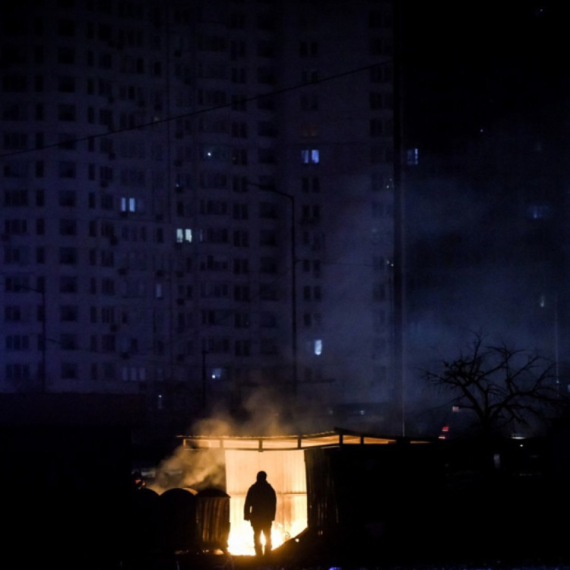
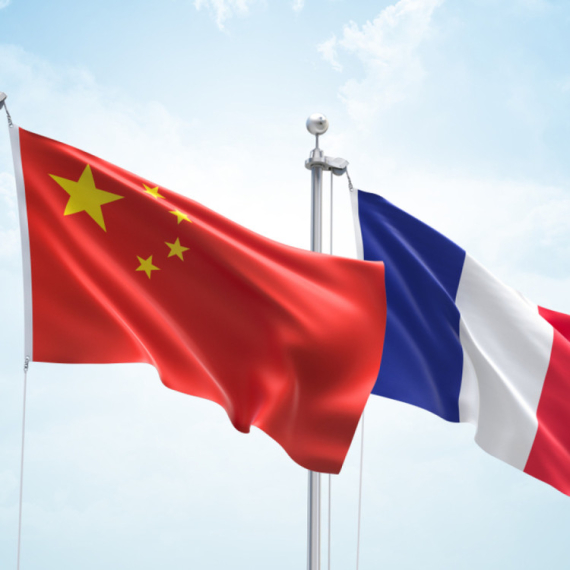
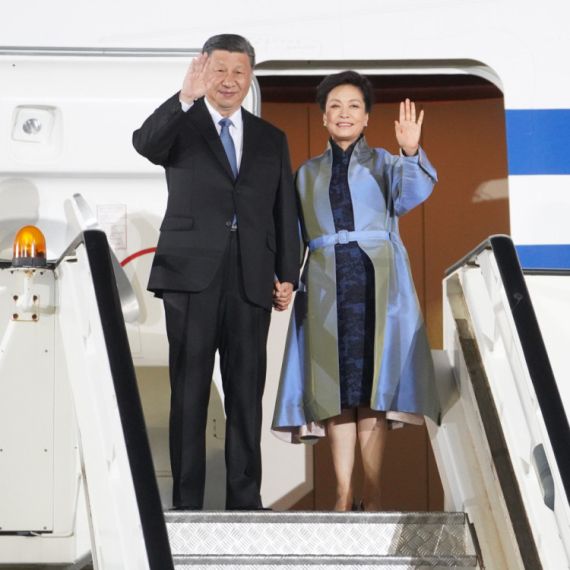

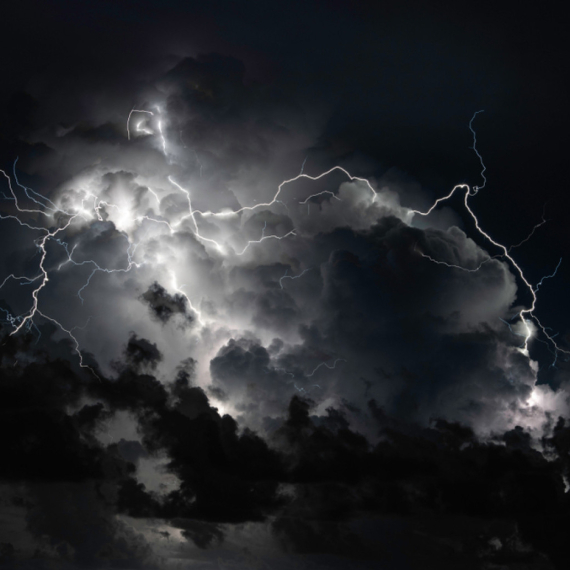





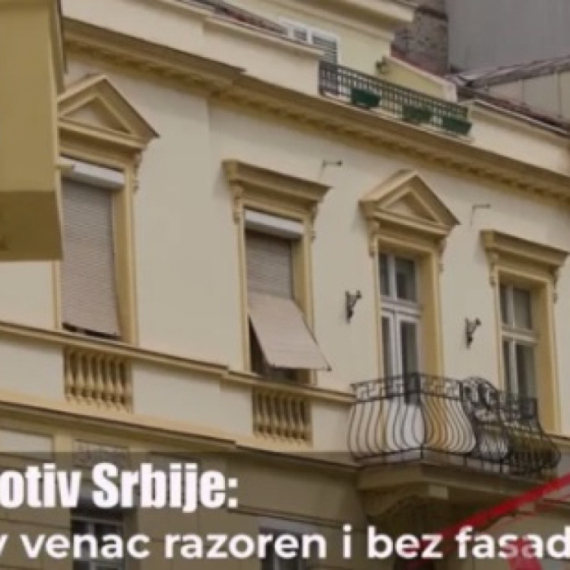
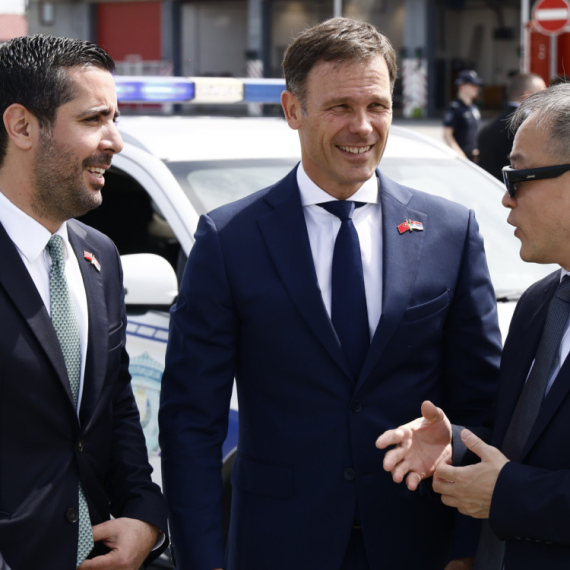
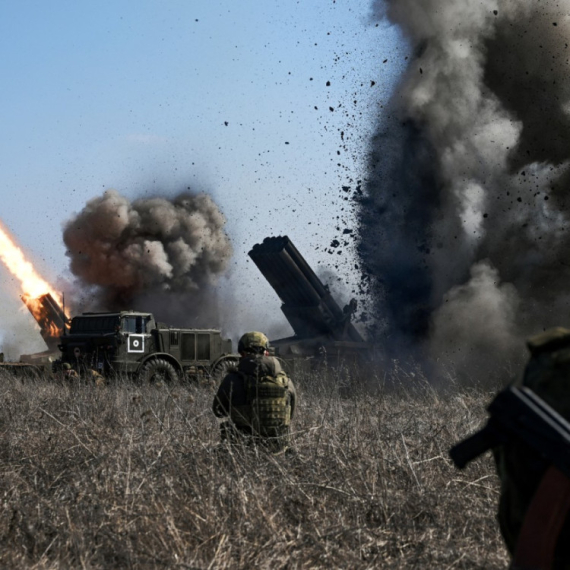

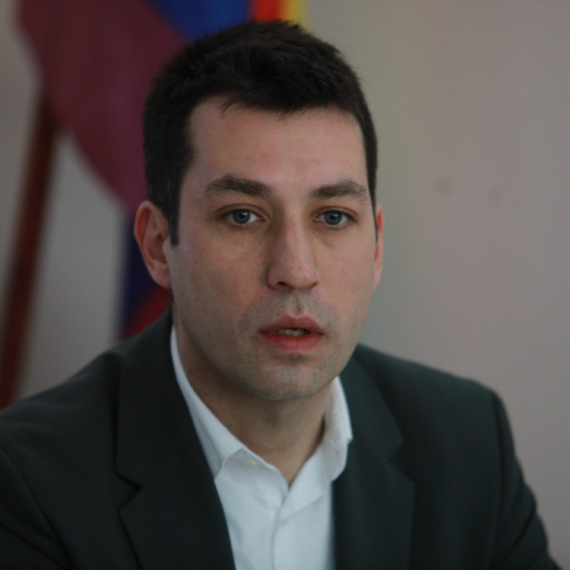














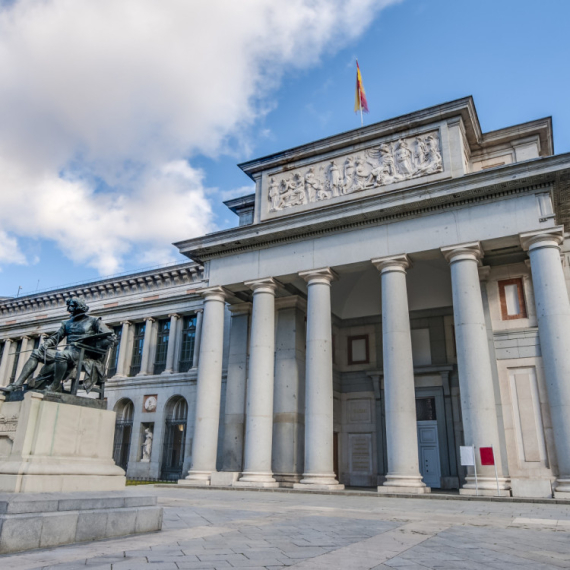

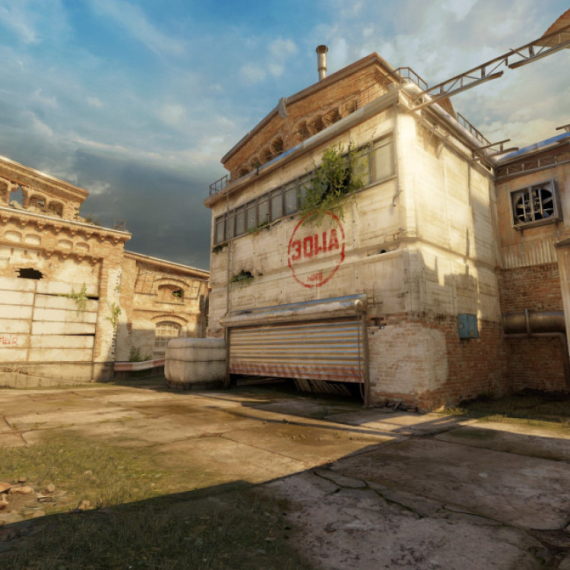




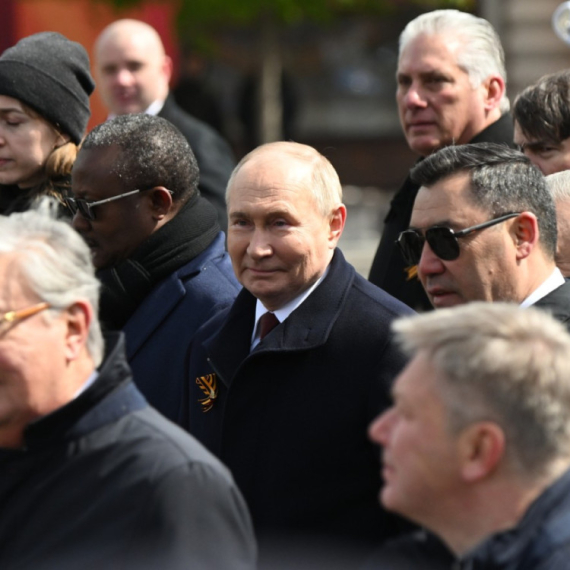
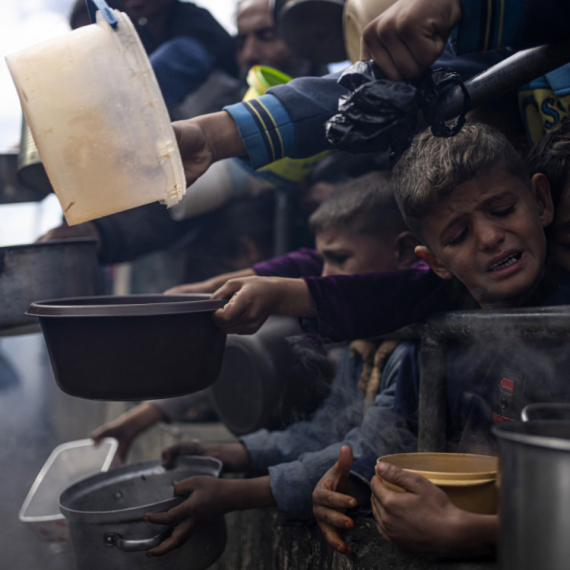
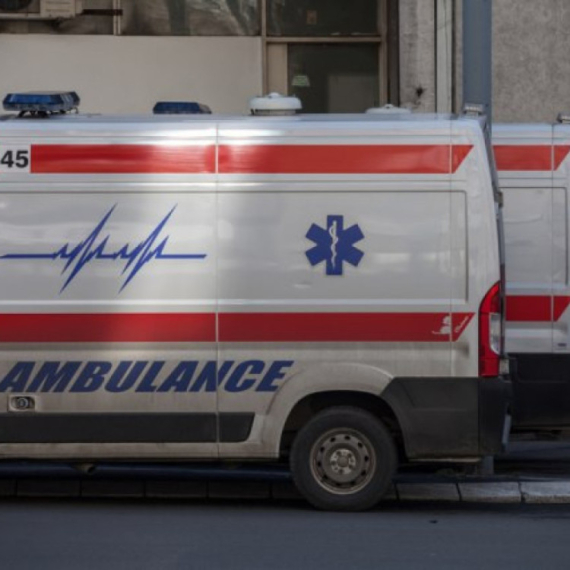
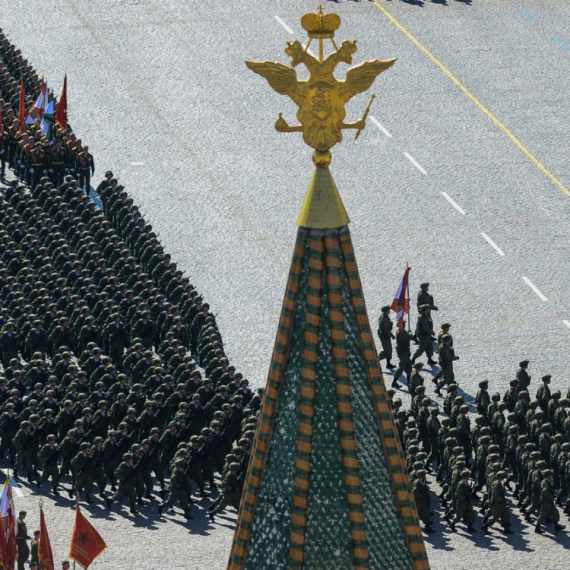
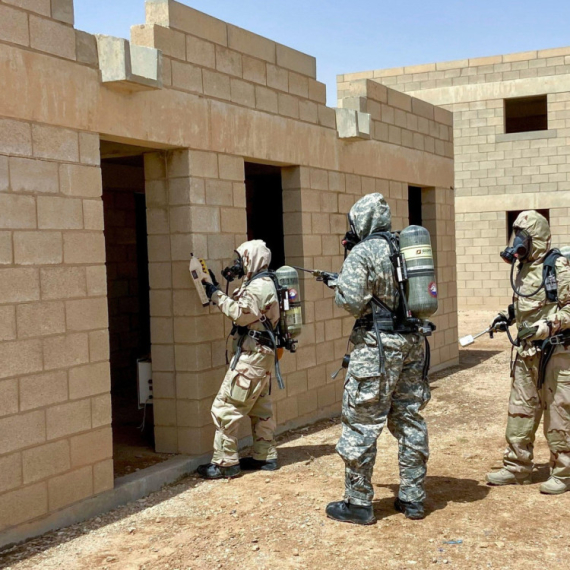









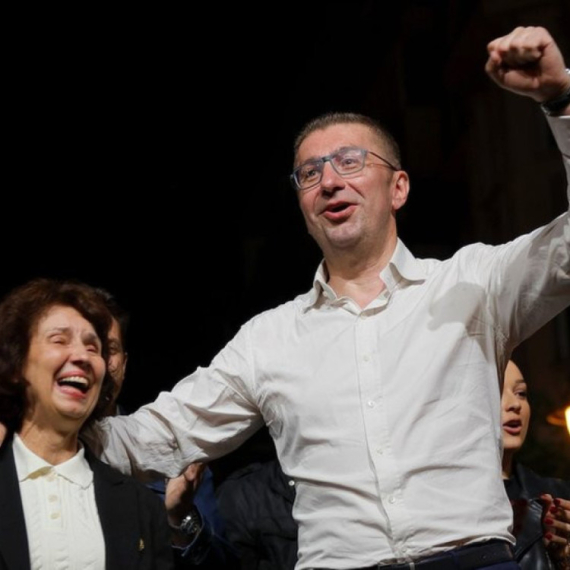
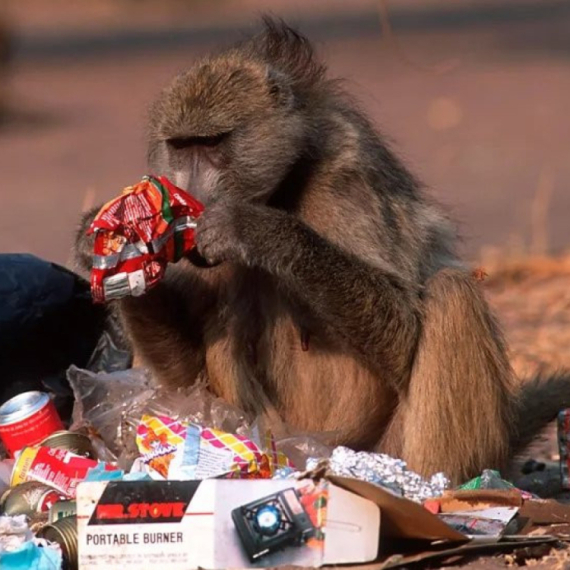
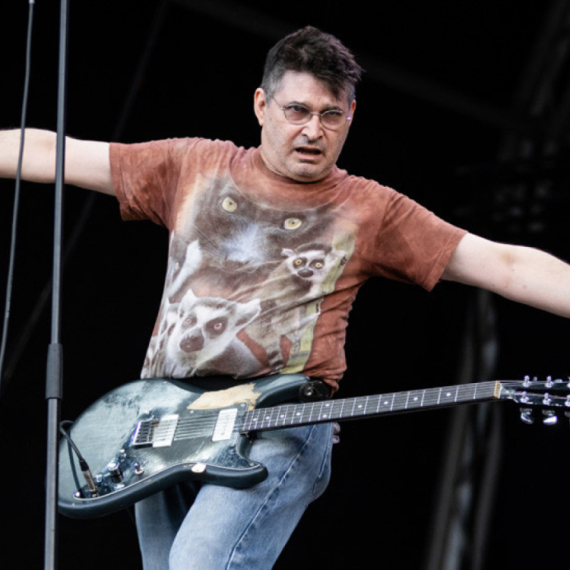
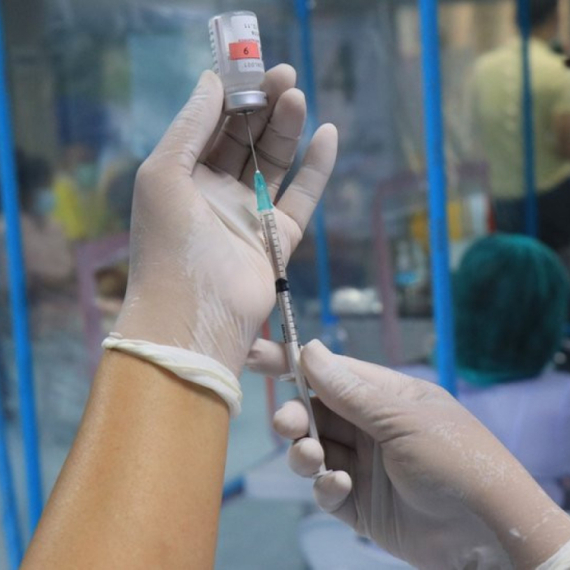


Komentari 7
Pogledaj komentare